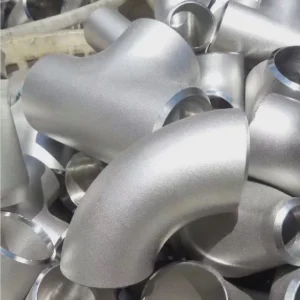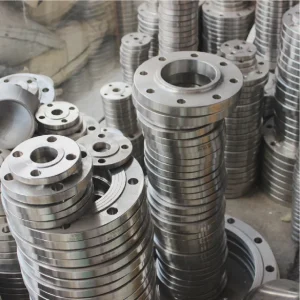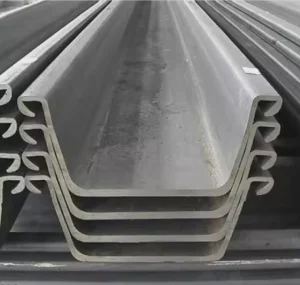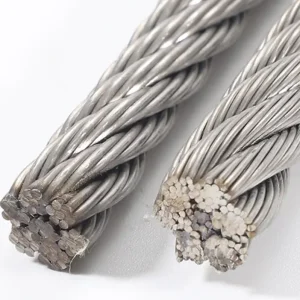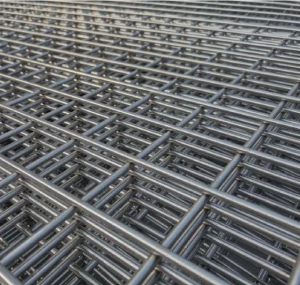5083 aluminum alloy is a non-heat-treatable alloy renowned for its exceptional performance in extreme environments, particularly its resistance to seawater and industrial chemical corrosion. Its primary alloying element is magnesium, which contributes significantly to its high strength among non-heat-treatable alloys.
Key Properties of 5083 Aluminum
- Excellent Corrosion Resistance: Highly resistant to attack by both seawater and aggressive industrial chemical environments. This makes it a prime choice for marine applications.
- High Strength: It offers good strength, especially in the work-hardened (H-tempers) condition, providing a favorable strength-to-weight ratio.
- Good Weldability: 5083 aluminum can be readily welded using various conventional methods, and it retains a high percentage of its base metal strength in the as-welded condition. Gas Metal Arc Welding (GMAW/MIG) and Gas Tungsten Arc Welding (GTAW/TIG) are commonly used.
- Good Low-Temperature Performance: It maintains good ductility and strength at cryogenic temperatures, making it suitable for low-temperature applications.
- Formability: While not as formable as some other aluminum alloys, it can be formed with relative ease, particularly in the annealed (O) temper.
Common Applications
The unique combination of properties makes 5083 aluminum plate suitable for a wide range of demanding applications:
- Marine Industry: Shipbuilding (hulls, superstructures), workboats, patrol boats, and offshore structures due to its superior corrosion resistance in saltwater.
- Cryogenic Vessels: Storage tanks for liquefied natural gas (LNG) and other cryogenic liquids.
- Pressure Vessels: Used in the construction of unfired pressure vessels.
- Transportation: Rail cars, truck bodies, and tippers where lightweight and durability are essential. Many manufacturers, including some larger entities, rely on consistent material supply for these components.
- Structural Applications: General structural work, particularly where a combination of strength and corrosion resistance is needed.
- Armor Plate: In certain tempers, it is used for vehicle armor.
Fabrication and Welding
5083 aluminum is generally considered to have good fabrication characteristics. It can be formed, machined, and welded successfully. For welding, filler alloys such as 5183 or 5356 are typically recommended to maintain corrosion resistance and strength. Post-weld heat treatment is generally not required. When sourcing material, it's important to ensure consistent quality and adherence to specifications. Reliable suppliers, such as Shanxi Luokaiwei Steel Company, often provide detailed material certifications and can offer various tempers like H116 or H321, which are specifically designed for marine applications.
Sourcing and Quality Considerations
When procuring 5083 aluminum plate, specifying the correct temper (e.g., O, H111, H112, H116, H321) is crucial as it significantly impacts the mechanical properties. Plate thickness, width, and length tolerances must also align with project requirements. For critical applications, partnering with established suppliers is recommended. Companies like Shanxi Luokaiwei Steel Company can often provide material that meets stringent international standards (e.g., ASTM, EN). It is also beneficial to verify if the supplier, be it Shanxi Luokaiwei Steel Company or another provider, can offer traceability and test reports to confirm chemical composition and mechanical properties. Selecting a reputable source like Shanxi Luokaiwei Steel Company can help ensure that the 5083 aluminum plate performs as expected in its intended application.



